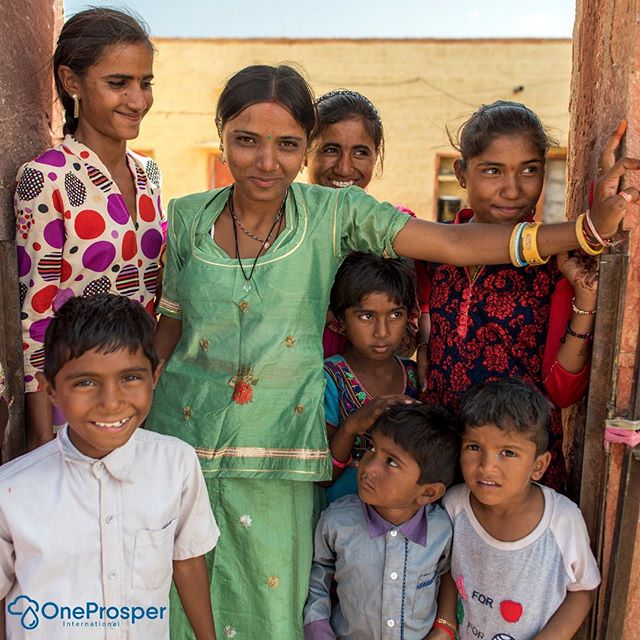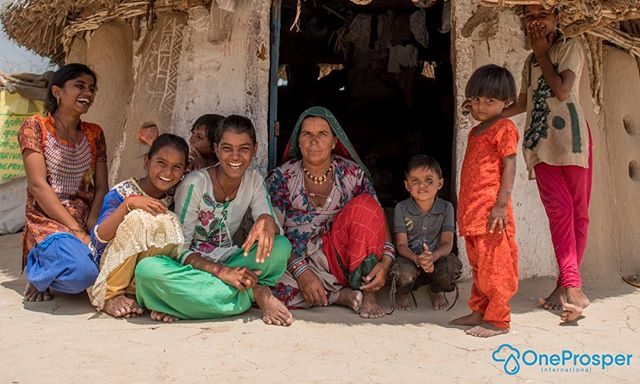American businessman, Robert T. Kiyosaki once stated that “Education is more valuable than money, in the long run.” However, as true as this quote is, it is in a way ironic as studies have shown that the accessibility to education and academic opportunities have been linked accordingly to wealth. In other words, the greater wealth one has the greater ease they have in obtaining opportunities and resources and vice versa. The advancement and prosperity of society have since spearheaded the growth of the wealthy class, and thus widened the educational achievement gap through the growth of economic inequality. This has facilitated a major problem globally as the relation between wealth disparities and access to education has shaped a foreboding educational barrier that has in effect, prompted obstacles for many.

Based on a conducted research formulated by the Urban Institute it is stated that “young people from high-wealthy families are more than one and half times as likely to complete at least four years of college by [the] age 25 as those in low-wealth families.” (urban.org) This quote demonstrates and supports the idea that financial inequalities affect access to education as it signifies how those of higher wealth have a greater possibility of furthering their education in contrast to those of lower wealth. With wealthy families being more financially stable, parents are more inclined to provide “far more resources…in terms of time and money” (equitable growth.org) to assist their children in their studies. The assistance the children of wealthy families obtain propels them to continue on to higher education, explaining the strong correlation between wealth disparities and the accessibility of education.
However, education shouldn’t be limited to a certain group of people, but instead offered universally for everyone to have access to. Gaining an education allows one to obtain the knowledge and life skills necessary to carry out their responsibilities in life. It also enables people to become more empowered by providing them with the ability to develop their own opinions and to become more vigilant in understanding both local and global issues happening throughout society and universally as well. Providing everyone with the accessibility to advance in their education will not only stimulate confidence and self-growth but will also help to develop the economic potential of all countries through the expansion of the public workforce.

Here at One Prosper International, volunteers help to relieve the educational barriers posed by financial inequalities by providing opportunities to Indian families of low income to improve their English literacy and comprehension. Volunteers hope to bridge a pathway towards success to empower young Indian girls to pursue higher education and to advance academically.

